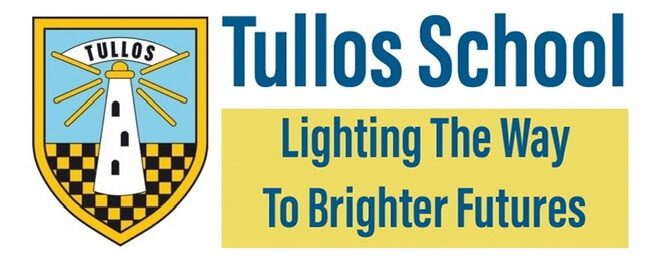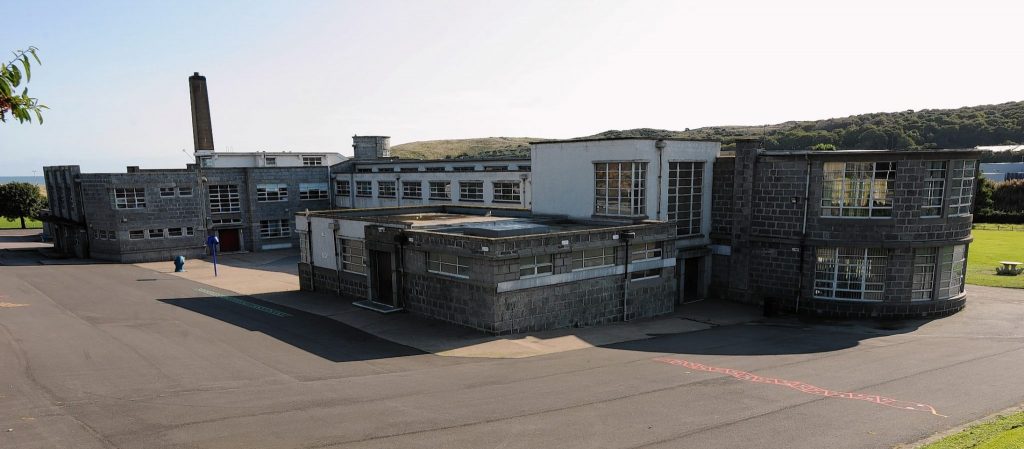At Tullos pupils develop mathematical skills through practical activities, computation, problem solving and use of computers and calculators. Lessons in other curriculum areas also provide many opportunities for pupils to use their mathematical skills in practical ways; for example, recording measurements in a science experiment or creating graphs during social studies.
The three components of mathematics on which planning is based are:
Number, Money and Measurement
Children learn to add, subtract, multiply and divide. They will also work with time, length, weight and volume. All pupils undertake mental maths activities on a daily basis as accurate recall of basic number facts is essential for good progress.
Shape, Position and Movement
Children learn about the properties of two and three-dimensional shapes, understand and use position and movement through computers and programmable toys.
Information Handling
Children learn to gather, organise, display and interpret information using graphs, pie charts and databases.
At Tullos Primary, pupils are challenged to think about what they are doing, question the problem, and explain solutions. The process enables them to explore a problem, interpret it, decide how to logically proceed in solving, and explain their conclusions. Children are given regular opportunities to explain their approach to teachers and peers. Problem solving enables pupils to apply knowledge learned in different contexts and situations and develop perseverance.

